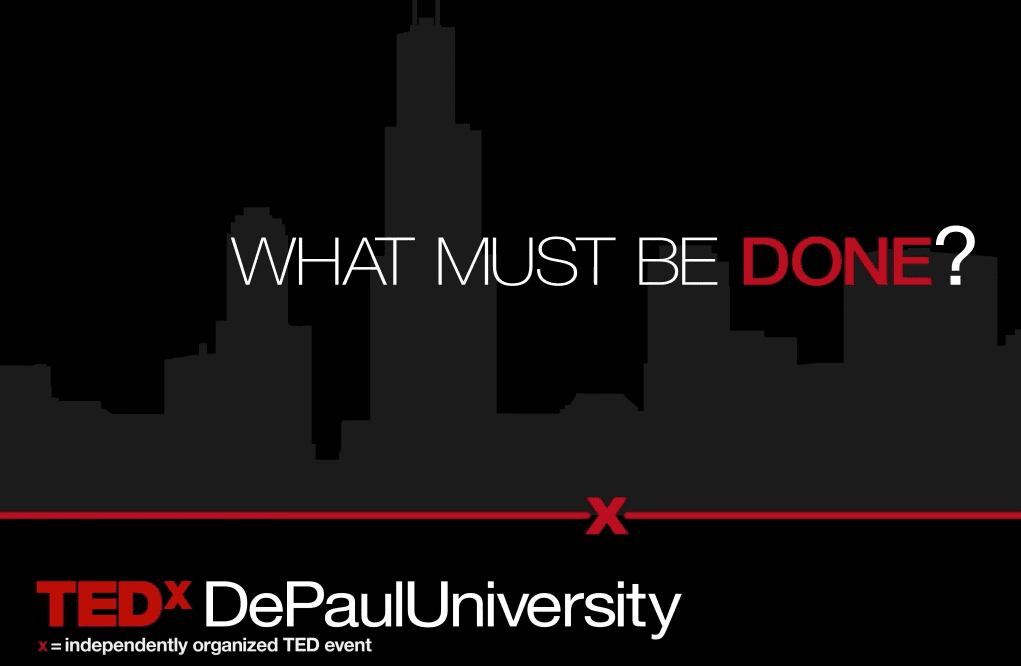Make impossible things happen
Can you make impossible things happen?
I had never heard of “massaging life into a wooden leg.” In Central and Eastern Europe it means making the impossible possible.
Mark McGreevy, CEO of Depaul International then explains that “What I want to talk to you about this afternoon is exactly that how some people can make impossible things possible.” He opens a presentation in the famous series of TedTalks with the image of massaging life into a wooden leg.
That caught my attention.
Depaul International tweeted: “Ending global homelessness? Our CEO Mark McGreevy explains how.” Certainly seems like an impossible task.
They believe he should know… he’s been moving toward it for more more than 25 years.
For 26 years, McGreevy has worked to bring an end to global homelessness through the UK-based NGO Depaul International, which coordinates the activities of a group of homelessness charities around the world. A native of Middlesbrough, England, McGreevy is a recipient of the Order of the British Empire, which was awarded by Prince Charles for his international contribution to homelessness service.
McGreevy will spend the next year and a half in residence in Chicago at DePaul University’s Institute of Global Homelessness – which he founded in 2014 – raising funds to support the organization and developing tools to help address homelessness.
It all began when he was asked along with a group of other people to help set up small night shelter in North London. From that small beginning they have spread to six countries with over a hundred projects working with about 15,000 homeless
In a very engaging TedTalk presentation he shares the birth of Depaul International’s latest venture with street children in the Ukrainian city of Kirkuk.
Actually, they are not living on the street but under the street in the sewer systems in the central heating ducts by placing sleeping bags on hot water pipes to keep warm.
They live in gangs of eight to 12. The youngest they found was about eight years. The girls would prostitute themselves to get money to feed the rest. Sniffing glue is the drug of choice.
Even hardened street workers found themselves speechless in their encounter.
One of these workers is the chair of a charity in Ukraine working with 4,500 homeless people.
But his speechlessness is not a mask for helplessness.
They are responding to the Vincentian Question “What must be done?”
Against unbelievable odds and mountains of bureaucratic paperwork that literally costs more than the food they distribute they are doing something most would consider impossible.
But they have bigger ambitions. They want to engage the existing leaders in the worlds of research in homelessness policy advocacy and practice. They have set an overarching goal of ending street homelessness in a hundred and fifty cities by 2030.
Talk about massaging life into a wooden leg!








0 Comments